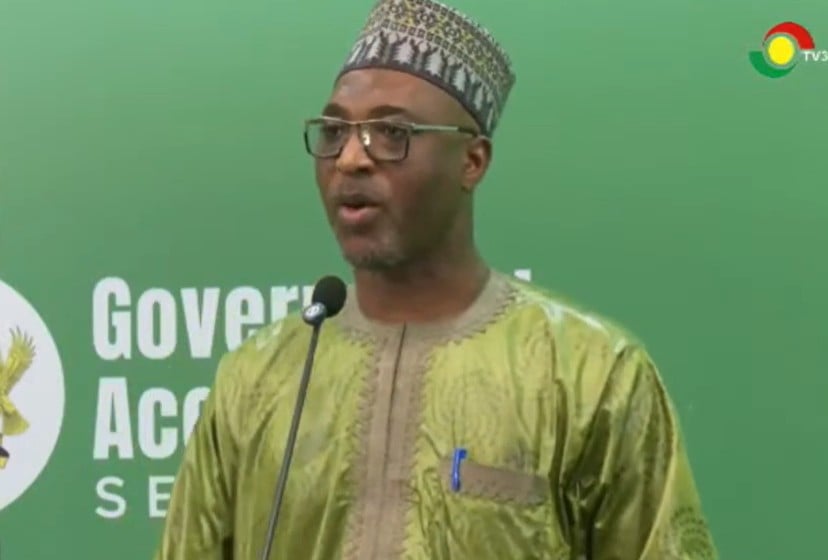
UNICEF, in collaboration with the Ghana Education Service (GES), has introduced a Mobile School Report Card (MSRC) scheme aimed at improving data collection and performance of teachers in more than 700 basic schools.
The home-grown technology, developed with the backing of USAID, is to help education officials monitor the work of teachers which previously was done manually and did not create the right ambience for proper supervision.
Mrs. Rhoda Enchil, the Special Education Officer at UNICEF, said 1,367 tablets worth $400,000 have been procured for teachers and circuit supervisors to support the exercise being piloted in 729 schools in 10 districts.
The districts profiting from the tool include; Garu Tempane, Wa West, Krachi East, Komenda-Edina-Eguafo-Abirem (KEEA), Savelugu-Nanton, Kwahu Afram Plains North, Tolon, Ga East, Upper West Akim and Upper Denkyira West.
The new technology has improved attendance of teachers significantly in the beneficiary schools, Mrs Rhoda told reporters on Monday during a field visit to observe how inclusive education was being practiced by some schools in Cape Coast and Elmina in the Central Region.
Mr Isaac Opoku-Inkoom, the Special Education Coordinator of KEEA, said it had replaced the manual one which, hitherto, made school heads to contend with bulky paper materials and travelled long routes to submit reports to district offices.
Since its introduction, the teachers had recorded superior improvements in lesson notes preparation and delivery, and boosted contact hours.
Teachers’ punctuality and regularity to school have also soared significantly, he said, and their overall progression in performance is expected to reflect in the output of children during exams.
The District Education Office is able to monitor activities of teachers and school children with a computerised monitoring system fixed at the unit.
–
Source: GNA
UNICEF, in collaboration with the Ghana Education Service (GES), has introduced a Mobile School Report Card (MSRC) scheme aimed at improving data collection and performance of teachers in more than 700 basic schools. The home-grown technology, developed with the backing of USAID, is to help education officials monitor the work of teachers which previously was ... Read Full Story



















Facebook
Twitter
Pinterest
Instagram
Google+
YouTube
LinkedIn
RSS